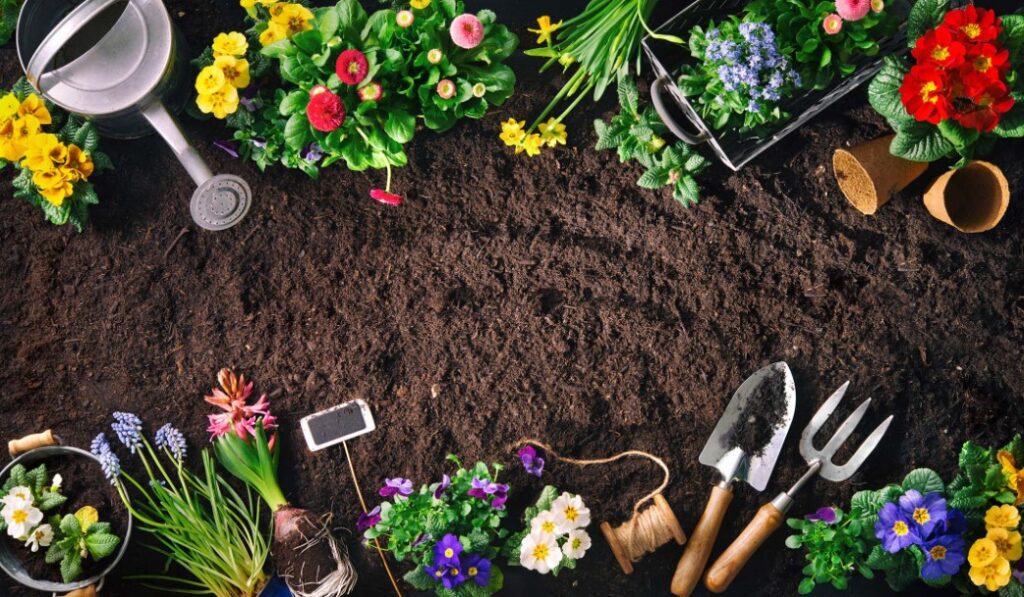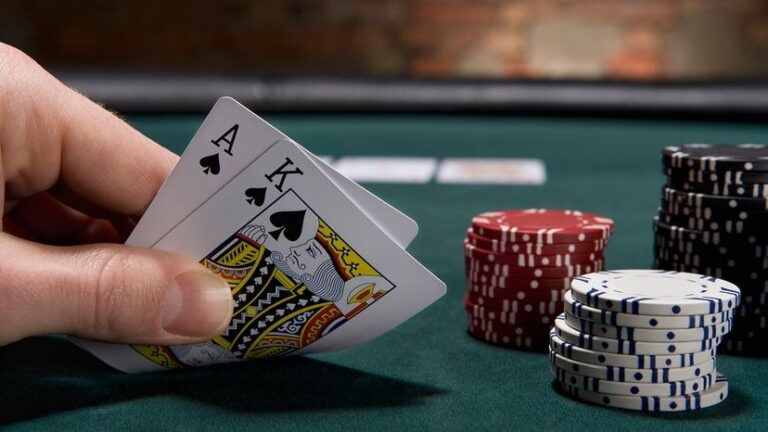Growing your own garden, whether you’re cultivating rich vegetables, vivid flowers, or just trying to keep your lawn looking great, is rather fulfilling.
It’s easy to fall for certain misconceptions when you’re constantly given so much data and false information, though.
Let us clear eight of the most tenacious gardening myths, from misunderstandings about irrigation to planting methods.
1. Watering Plants in the Sun Scorches the Leaves
One of the most often held beliefs is that watering your plants in the sun will produce water droplets acting as magnifying glasses, scorching the leaves.
Though it sounds reasonable, this is just not true. While most plants are actually well-adapted to manage exposure to both sun and water, the theory propagates that when water droplets fall on leaves, they will concentrate sunlight and cause burning.
The truth is that although watering in the heat of the day burns the leaves, much of the water evaporates before it reaches the roots. You should water your plants in the early morning or late afternoon when the sun is not at its strongest.
This guarantees the water seeps into the ground and feeds the plant without useless evaporation.
2. Adding Gravel to the Bottom of Pots Improves Drainage
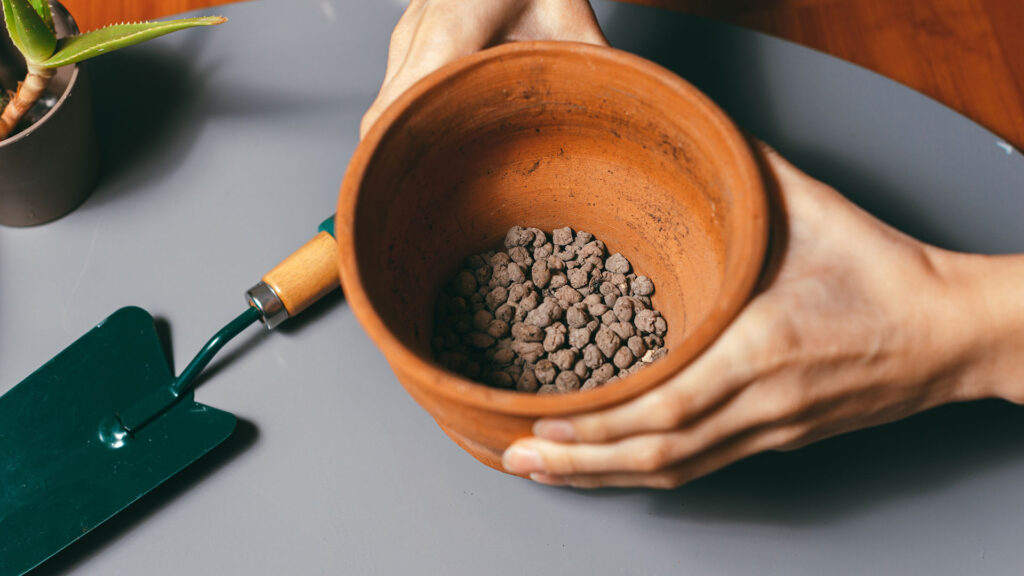
Generation after generation has carried on this myth: adding gravel or rocks to the bottom of plant pots will aid with drainage and stop root rot. Although it’s a frequent habit, it doesn’t really enhance drainage. In fact, it often has the reverse effect.
Adding gravel or rocks could result in a perched water table, in which case water gathers at the bottom of the soil above the gravel and results in wet roots. It could trap moisture and lead to root rot rather than aid with drainage.
Use premium potting soil and containers with drainage holes to guarantee correct draining, and steer clear of stacking the bottom with pebbles.
3. Coffee Grounds Are a Miracle Fertiliser for Every Plant
Often hailed as a wonder item for gardens, coffee grinds reportedly improve the soil and increase plant development. Although coffee grounds have some uses, they are not a one-size-fits-all fix, and their overuse actually damages your plants.
The truth is that coffee grounds are acidic and heavy in nitrogen, which is fantastic for plants that enjoy acids, like blueberries and azaleas.
Too much, however, can raise soil acidity which would impact plants that thrive in neutral or alkaline environments. Use sparing coffee grinds and always combine them with compost or other organic material to adjust the pH of the soil.
4. More Fertilizer Means Better Growth
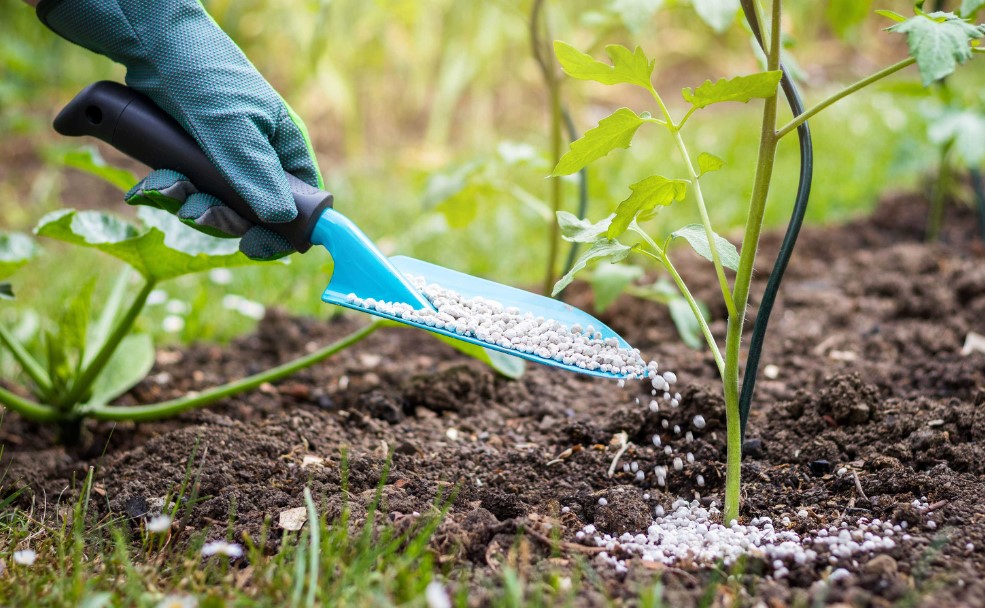
It’s easy to believe that if a little fertilizer is beneficial, then more must be better. Over-fertilizing, however, can have more negative effects than positive ones, including nutrient imbalances, scorching of plant roots, and luxuriant foliage at the price of fruit or vegetables.
The truth is that plants require the proper mix of nutrients. Too much fertilizer throws off this equilibrium.
Follow the advised dosage on the container and consider doing a soil test to ascertain the nutrients your garden needs. Remember, it’s about quality rather than quantity. Tailored feeding will always beat either random or too-strong treatments.
5. You Must Stake Every Tomato Plant
If you have ever grown tomatoes, you have most certainly heard that staking them is necessary to keep them straight and healthy. Although many types depend on staking, it is not a general rule, and some tomato plants can flourish equally well without it.
The fact is not all tomatoes require staking. Many types are strong enough to support themselves. They reach a specific height and then stop.
Conversely, indeterminate varieties, which keep growing and fruiting all year, need staking or caging to stop spreading. Before choosing the ideal support system, evaluate your tomato kind.
6. Organic Pesticides Are Completely Safe
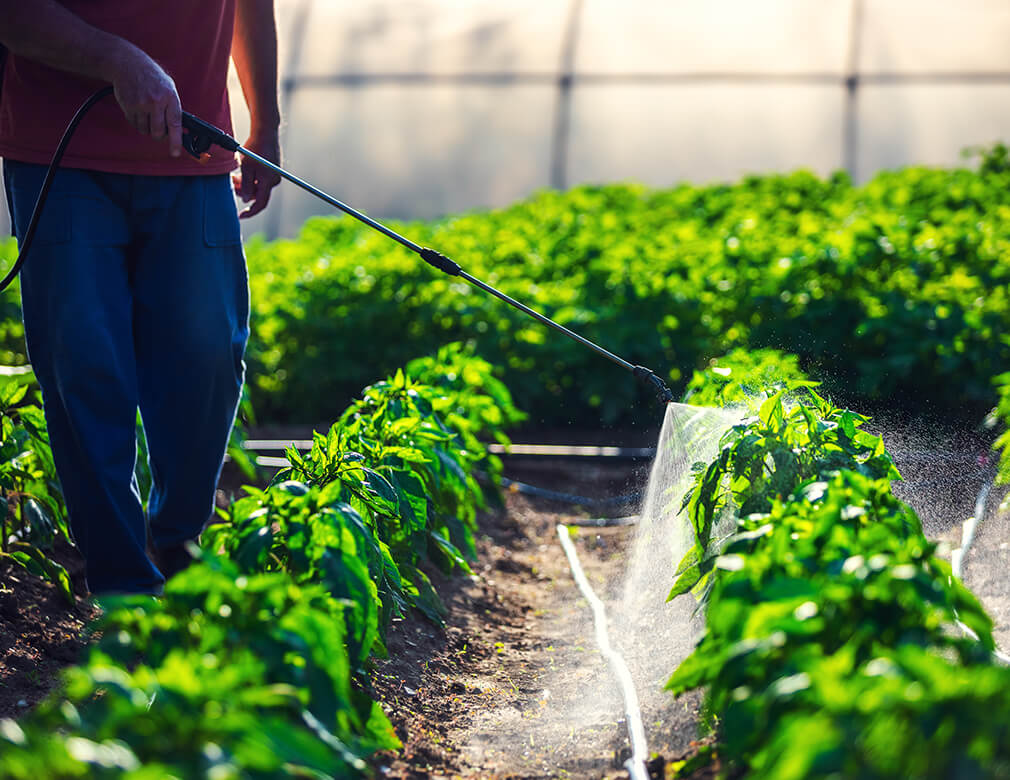
Many times seen as the benign substitute for chemical pesticides, organic ones inspire gardeners to use them liberally. However, just because a product is organic does not mean it is totally safe for the environment.
If handled improperly, organic insecticides can still damage helpful insects, wildlife, and even plants. Popular organic insecticides such as neem oil, for instance, can damage bees and other pollinators if used excessively.
Use pesticides, organic or otherwise, sparsely and follow the manufacturer’s directions to minimize any bad impact on the ecology of your garden.
If you need some guidance as to which pesticide is right for your garden, consult a professional gardener.
7. You Should Water Your Lawn Every Day
A homeowner’s pride comes from a beautiful green lawn. They tend to think that daily watering is the secret to reaching that ideal emerald carpet.
Regular shallow watering, however, promotes weak roots and increases your grass’s vulnerability to drought and diseases.
Watering thoroughly and less frequently, once or twice a week, is far healthier. This allows roots to reach further into the ground which increases the resilience of your lawn in dry spells.
Adjust for weather and water early in the morning to decrease evaporation, and aim for roughly one inch of water each week.
8. Pruning Hurts Your Plants
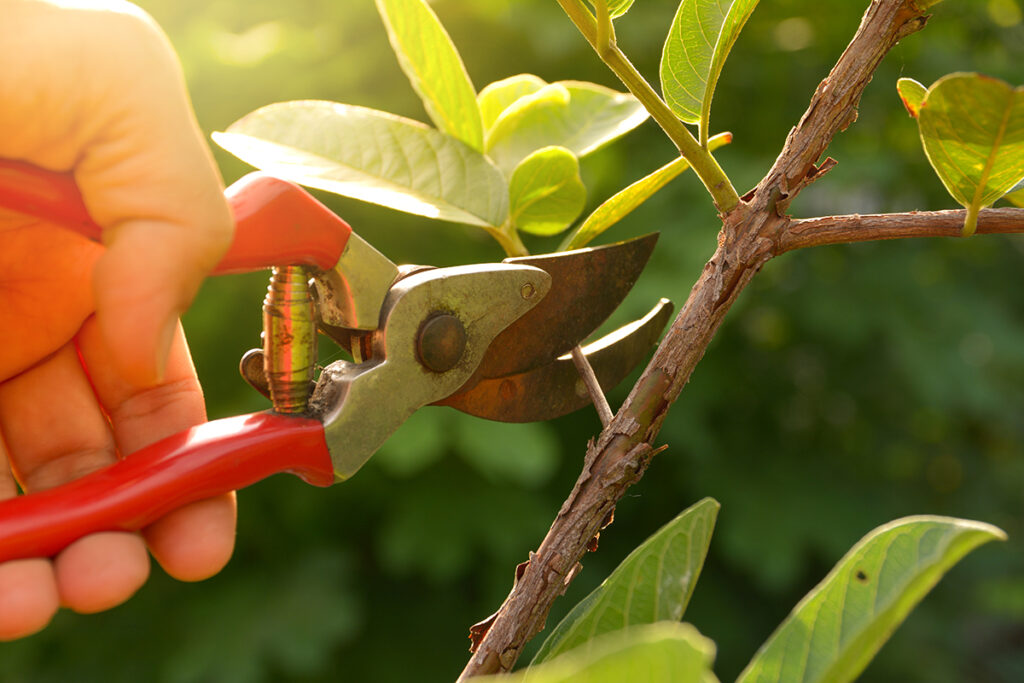
Many gardeners avoid trimming because they worry they will harm their plants or stop their growth. Pruning is, in fact, a necessary component of plant care that enhances airflow, encourages more blooms or fruit, and helps plants grow normally.
Pruning forms the plant aids in the removal of dead or diseased limbs, and stimulates fresh development. For every variety of plant, trim at the appropriate time of year. Use sharp and clean tools to make exact cuts.
Pruning, far from damaging your plants, is like a good haircut. It allows your plants to look their best and grow stronger.
Conclusion
Often based on good intentions but lacking the research to support them, gardening myths tend to proliferate like weeds.
Eliminating these common misunderstandings can let you garden more boldly knowing that you are providing your plants with the greatest care available.
The next time someone tells you that you have to stake every tomato or that coffee grounds are a universal fertilizer, you will know better—and so will your plants!

